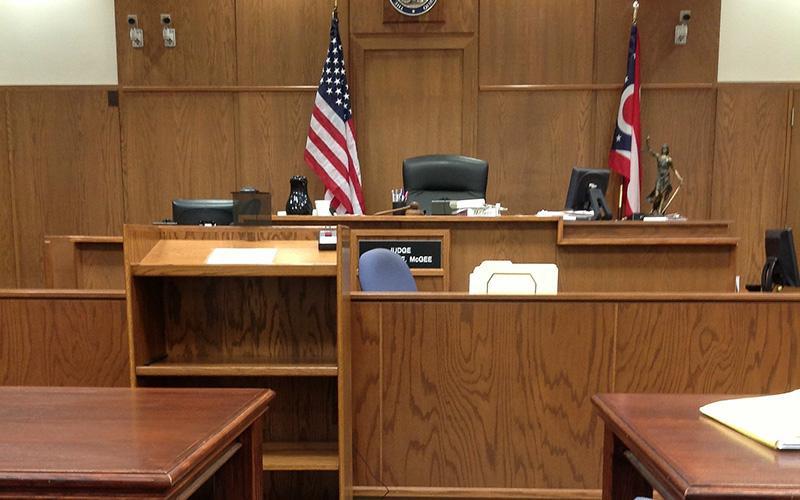Direct Appeal
Direct Appeals
After you receive a conviction in a criminal trial, as a Florida defendant, you have 30 days to decide whether or not to file a direct appeal
What is a Direct Appeal?
After you file a notice of appeal with the court, the parties and the court will be informed that you and your attorney intend to pursue a review of the trial court proceedings in appellate court.
At this stage, you want to get an appellate record prepared.
An appellate record includes collecting all transcripts, pleadings filed, copies of exhibits entered into evidence, and more. Your attorney will create an appellate brief based on the record. In this appellate brief, he or she will identify the mistakes made in the initial case.
Types of Appeals

Learn more

Learn more


Learn more
Briefs
Briefs are the core of any appeal.
These important documents list any errors that were made during the court case and help to prove that the case needs to be appealed and that a judgment should be overturned. All issues in the brief must cite the appellate record and prove where the actions violate case law or statutes. The main focus of a direct appeal is the law, not the actual case that was debated in the lower court.
The appellate court does not admit new evidence in a case or does not call on witnesses. Instead, the court is expected to determine whether or not the lower court violated any laws when deciding the verdict.
